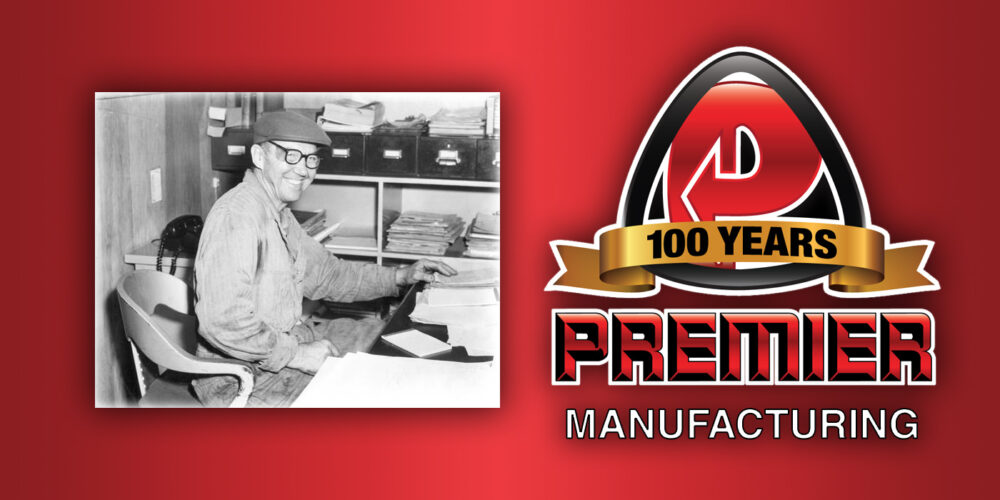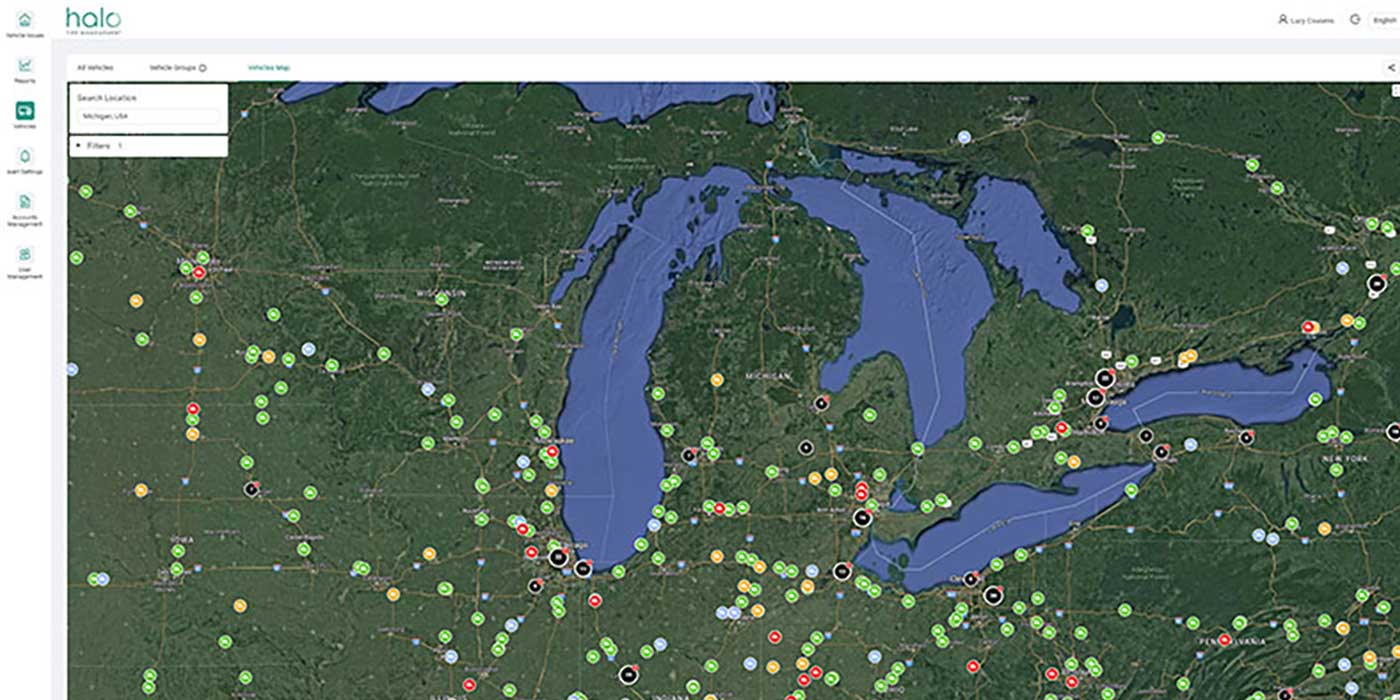The value of improving the durability and economical operation of a commercial vehicle fleet grows by the day. Operational efficiencies, maximum uptime and reduced maintenance and downtime can result in cost savings and increased profit.
One straightforward way to leverage these benefits is to use a higher-performance gear oil. The result is better protection of gears, seals and bearings and improved efficiency.
However, with so many choices in the market, it can be difficult to identify the good stuff from the bad. Marketing claims and slick packaging can be appealing and low prices can be attractive, but those aren’t always an indication of either good or inferior quality.
Even specifications can be deceiving. Some, such as API GL-5, allow for self-certification without independent review.
The only way to know with certainty that a gear oil meets the strictest of quality standards, and can provide protection in today’s axles, is to ensure that it is SAE J2360 approved.
SAE J2360 is a specification that finds its origins from U.S. military gear oil specifications.
During World War II, the U.S. Army had trouble with the gear oil that was supposed to protect its equipment from distress and corrosion and, as a result, began to define the most stringent performance requirements of that time.
Over time, their specification incorporated protection for seals and increased thermal stability requirements. The inclusion of field testing added more rigor to the standard, as did the development of qualification tests for multipurpose gear oils. Today, the U.S. military only uses SAE J2360-approved lubricants. SAE J2360 is also the foundation for many OEM specifications.
The most rigorous industry-wide axle lubricant specification
One of the traditional standards for axle lubricants has been API Category GL-5. However, the increasing demands on axle components have revealed its shortcomings.
More effective vehicle aerodynamics that raise driveline operating temperatures and increased engine power are both examples of why improvements in equipment design demand SAE J2360-approved gear oil.
Today’s axle lubrication priorities include improved surface protection and reduced fatigue, high thermal durability, thermal and oxidative stability and seal compatibility. These features all lead to a reduction in maintenance, downtime and warranty claims.
Unfortunately, a lubricant conforming solely to API GL-5 may not necessarily meet these criteria. The API GL-5 standard does not require field testing or a test for oil seal compatibility, and does not address the need for thermal stability, which can lead to damage of oil seals through build-up of deposits.
SAE J2360 includes all the tests involved in API GL-5, but goes even further to incorporate several additional tests. This increased level of rigor results in a gear oil that provides maximum performance.
Requirements that go beyond GL-5 include:
- ASTM D5704 (L-60-1): This ensures that the lubricant keeps shafts, gears and oil seals free from sludge and deposits.
- ASTM D5662 Oil Seal Compatibility: This identifies gear oils that cause oil seals to harden, crack and deteriorate.
- ASTM D7603 Storage Stability and Compatibility (SS&C): This ensures integrity during prolonged storage and compatibility with other SAE J2360-approved oils.
Unlike API GL-5, SAE J2360 approval also requires acceptable performance in controlled field tests in both light- and heavy-duty equipment. The light-duty testing ensures equipment protection for 100,000 miles of service with no oil change, while the heavy-duty test requires protection for 200,000 miles of service with no oil change.
Once all SAE J2360 tests have been completed, the data is reviewed and a visual inspection of tested parts is conducted by an independent panel of industry experts for approval. It is this combination of the additional stationary testing, field testing, verification of test data and inspection of parts that clearly separates SAE J2360-approved gear oils from the pack.
All lubricants that have been shown to meet these requirements are included in a Qualified Products List (QPL), which can be provided by your supplier or found at the Performance Review Institute (PRI)’s website. Click on the “Other Programs” tab and select “Lubricant” from the drop-down menu. The names of the manufacturers, the brand names of the products and the unique qualification numbers are listed. The manufacturer of each gear oil has certified that they will not change the formulation of the approved lubricant in any way. This is assurance that the lubricant being purchased is the same as the lubricant which has undergone the rigorous process of obtaining an SAE J2360
approval.














